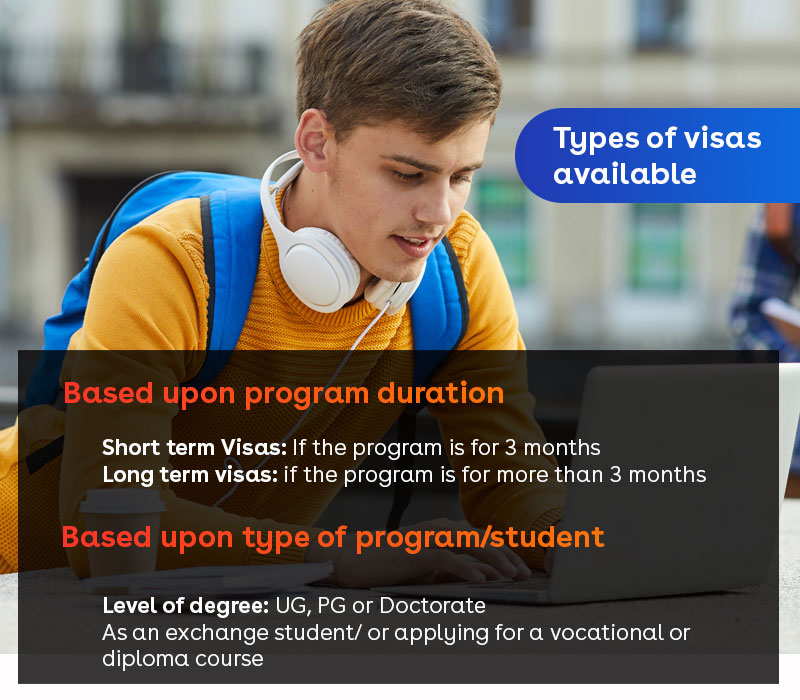Introduction
Types of Indian Evisa can be found online at the US Embassy website. The types of Indian Evisa are: tourist visa, work visa, student visa, and sub-entry visa. Each type of Indian Evisa has its own requirements. To apply for a type of Indian Evisa, you must first complete an application form and provide documentation that establishes your eligibility for the visa.
Types of Indian Evisa:
– General
– Foreigners
– Eligibility for work in the United States
– Work Authorization and Removal from the United States
General: A foreign national must meet all applicable requirements to be eligible for work in the United States. These requirements vary depending on the type of Indian evisa being requested. For example, a general application will not require an individual to have any specialized skills, while a specific foreign worker application will do. To be considered for an Indian evisa, a foreigner must meet all of the following criteria: be outside of the United States on authorized business; have no criminal record; be able to speak and understand English fluently; and present an acceptable Nicaraguan visa or other travel documents.
Types of Indian Evisa are a requirement for many immigrants and refugees seeking to affiliation with the United States. The types of evisa vary depending on the country of origin, but all require an application and verification through a consulate or embassy, usually in India. These requirements can be daunting for some individuals, particularly those who are not familiar with the process. Here are five easy tips to help you get started:
1) Familiarize yourself with the types of Indian evisa available. There are several different types of evisa available from different countries, so it can be difficult to determine which is best for you. It’s important to have a general understanding of what is required before submitting your application.
2) Check the requirements before filing your Evisa application.
The Indian Visa Rejected has caused a stir in the online community with many people expressing their anger and confusion. Many believe that the reason for the visa rejection is because of the country’s religious beliefs. The Indian government has not commented on the matter and it is still unknown why the visas were rejected in this way.
An Indian visa has been rejected by a U.S. travel agency after the applicant failed to prove they were eligible to work in the United States. The rejection comes as a surprise, as the Indian passport application had been complete and all required documents were present. The agency says that it is not able to give an explanation beyond the statement that “the applicant falls short of required requirements.” This comes as a stark contrast to recent cases in which U.S. visas have been accepted with little or no hitch for foreign nationals who have met all requirements.
The Indian visa rejection story is a familiar one. Applicants are told they have no chance of being accepted, only to be told again and again that their application is not valid. This has been an issue for years, and it looks like things will only continue to get worse.
A recent report from the United Nations says that 2017 will be the worst year on record for visas given to Indians. The report claims that applications are down by 50 percent due to tight regulations put in place by the Indian government. This can’t continue, and it’s not going to be helped by the fact that Indian authorities seem to think that just because someone is from India, they should be given a free pass.
In conclusion
the requirements for using types of Indian evisa vary depending on the type of evisa being used. For example, a type of Indian evisa used to gain entry into the U.S. is a T visa. Therefore, the requirements for using this type of evisa will be different than if an individual is using a H-1B visa.

